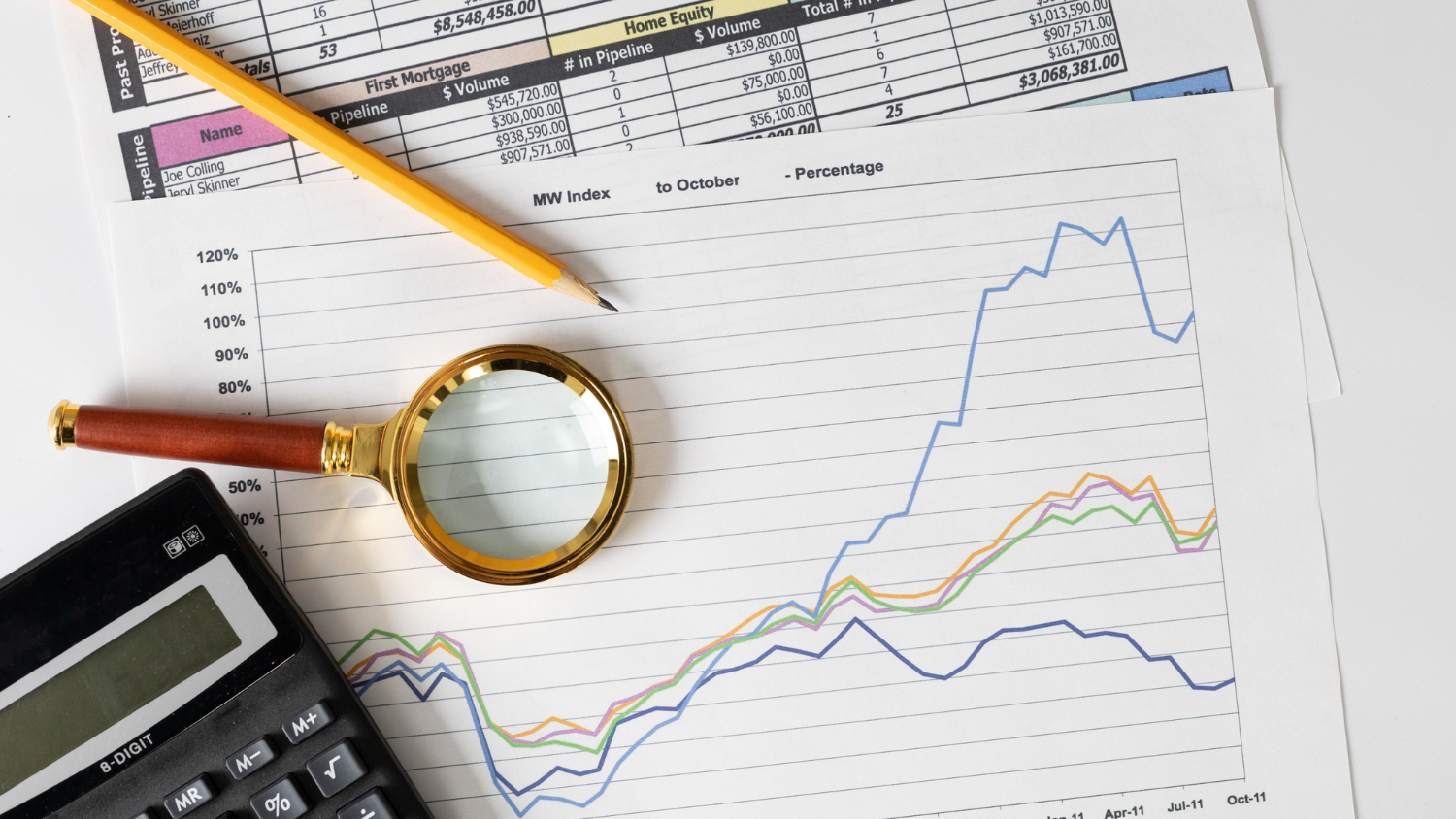
The concept of an economy is central to our understanding of how societies function. An economy is a system that governs the production, distribution, and consumption of goods and services. In this article, we will explore how an economy is formed and why it grows.
An economy is formed when individuals or groups of people engage in trade. This trade may involve exchanging goods, services, or even currency. Over time, the exchange of goods and services becomes more complex as the number of people involved in trade grows. In a primitive economy, trade may involve bartering goods or services for other goods or services. As societies become more complex, however, money becomes a more important medium of exchange.
One of the key drivers of economic growth is specialization. As people become more specialized in a particular trade or industry, they become more efficient and productive. This efficiency leads to an increase in output and, ultimately, economic growth.
Economic growth can be driven by a variety of factors. One of the most important factors is technological innovation. New technologies can lead to new products and services, which in turn can create new industries and jobs. Technological advancements can also lead to increased efficiency and productivity, which can further fuel economic growth.
Another important factor in economic growth is the availability of resources. An economy that has access to abundant natural resources, such as oil or minerals, may experience faster economic growth than an economy that lacks these resources. Access to capital is also important for economic growth. A society that has a well-functioning banking system can more easily access the capital needed to invest in new businesses and technologies.

The political and legal environment can also play a significant role in economic growth. A stable political environment with well-functioning institutions and a fair legal system can provide the stability and security necessary for businesses to thrive. In contrast, political instability or corruption can undermine economic growth by discouraging investment and driving away businesses.
Education and training are also important factors in economic growth. An educated and skilled workforce is necessary for the development of new technologies and the growth of industries. Governments that invest in education and training can create a workforce that is better equipped to adapt to changes in the economy.
Finally, trade can also be a powerful driver of economic growth. When countries engage in trade, they can specialize in the production of goods and services that they are most efficient at producing. This specialization can lead to increased efficiency and productivity, which can ultimately lead to economic growth.
In summary, an economy is formed when people engage in trade. As societies become more complex, money becomes a more important medium of exchange. Economic growth is driven by a variety of factors, including technological innovation, access to resources and capital, political and legal stability, education and training, and trade. By understanding the factors that drive economic growth, societies can work to create the conditions necessary for sustained economic development.

